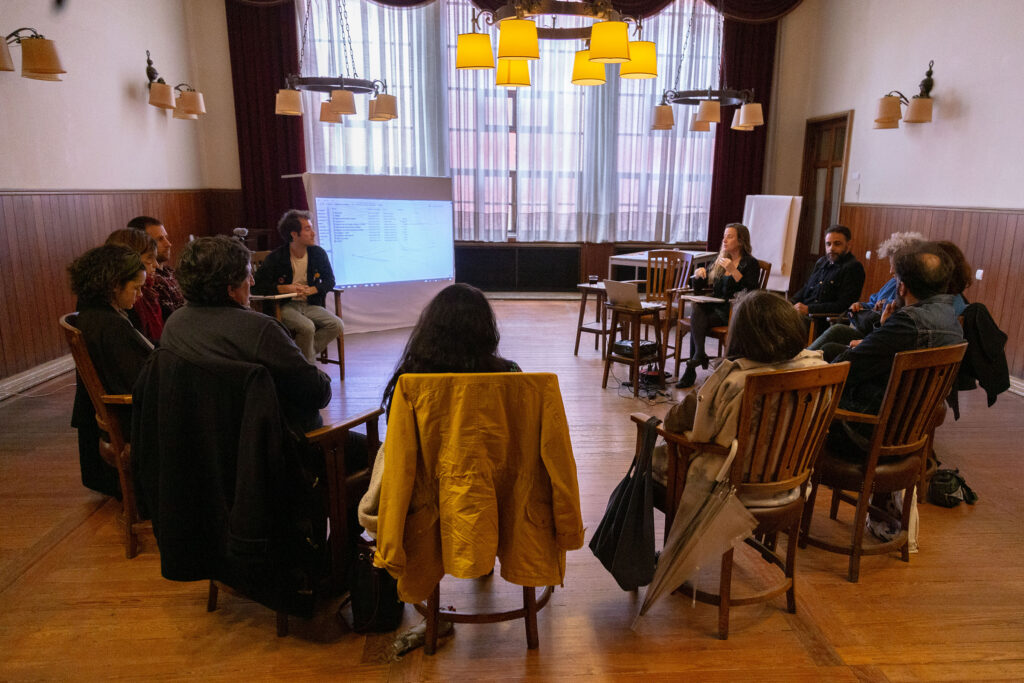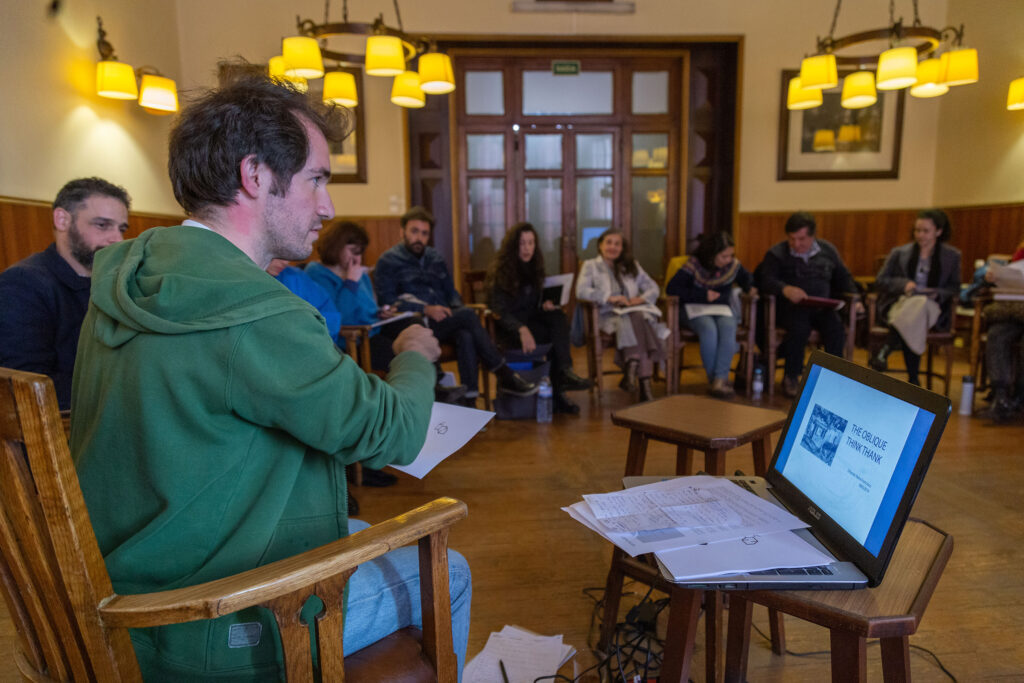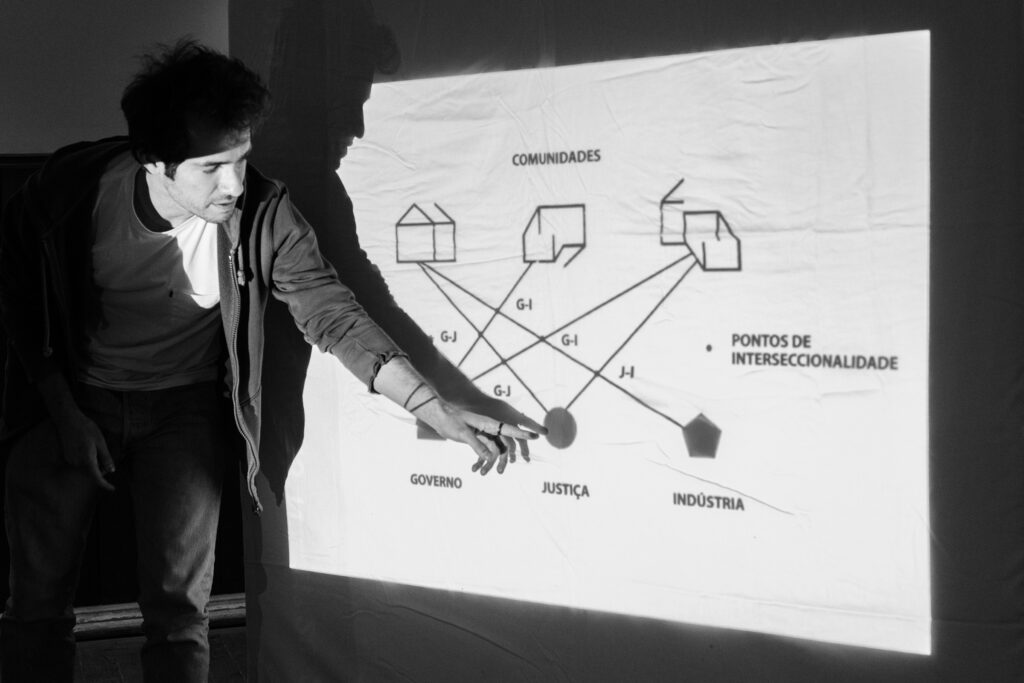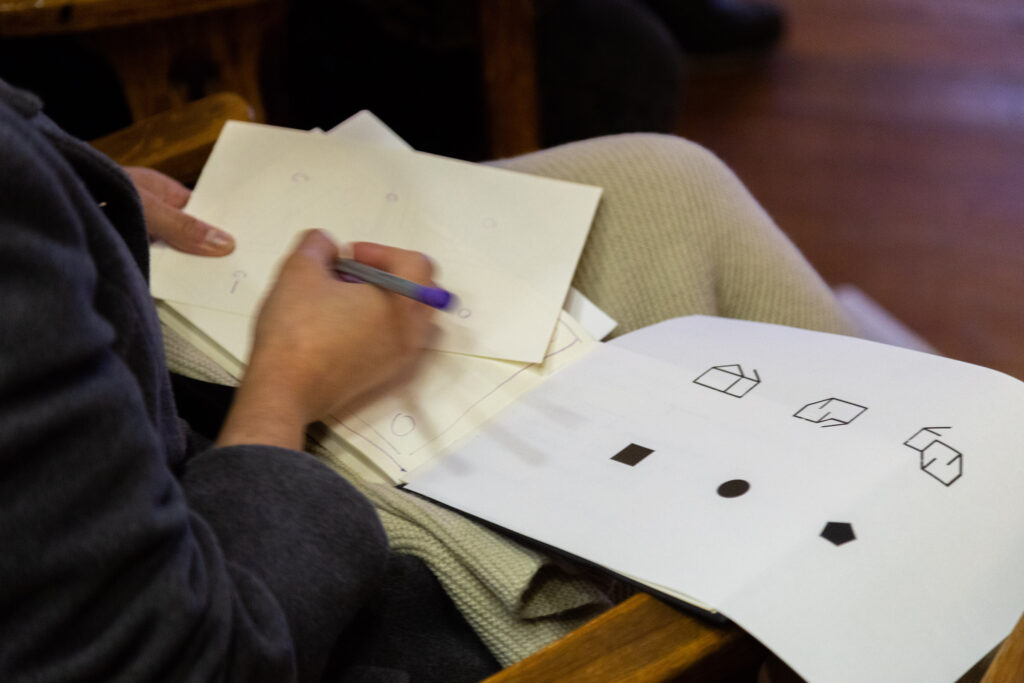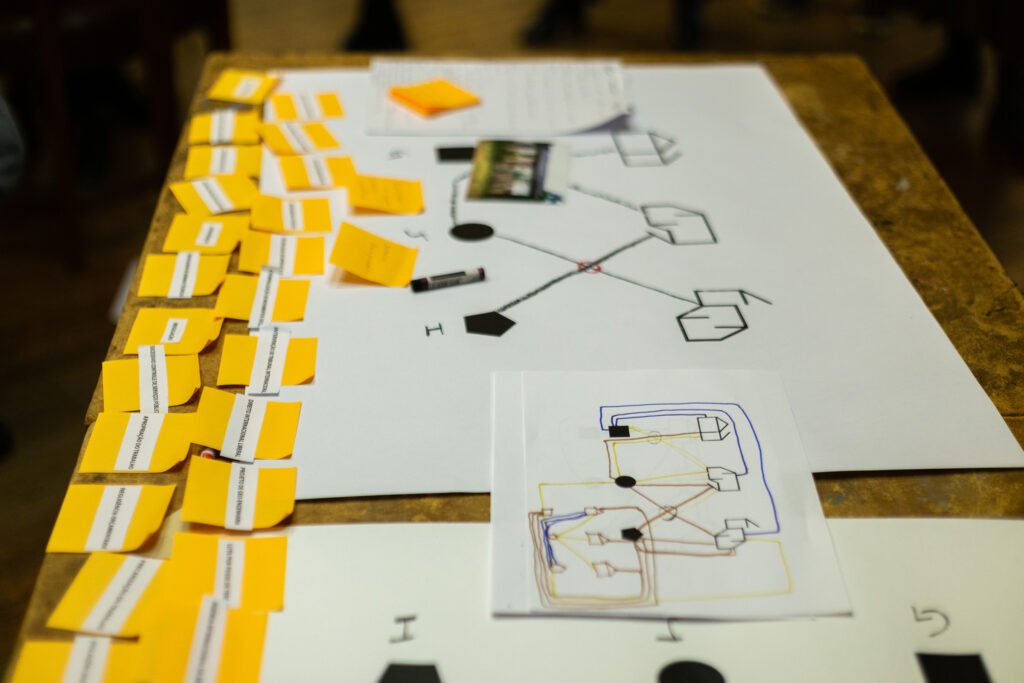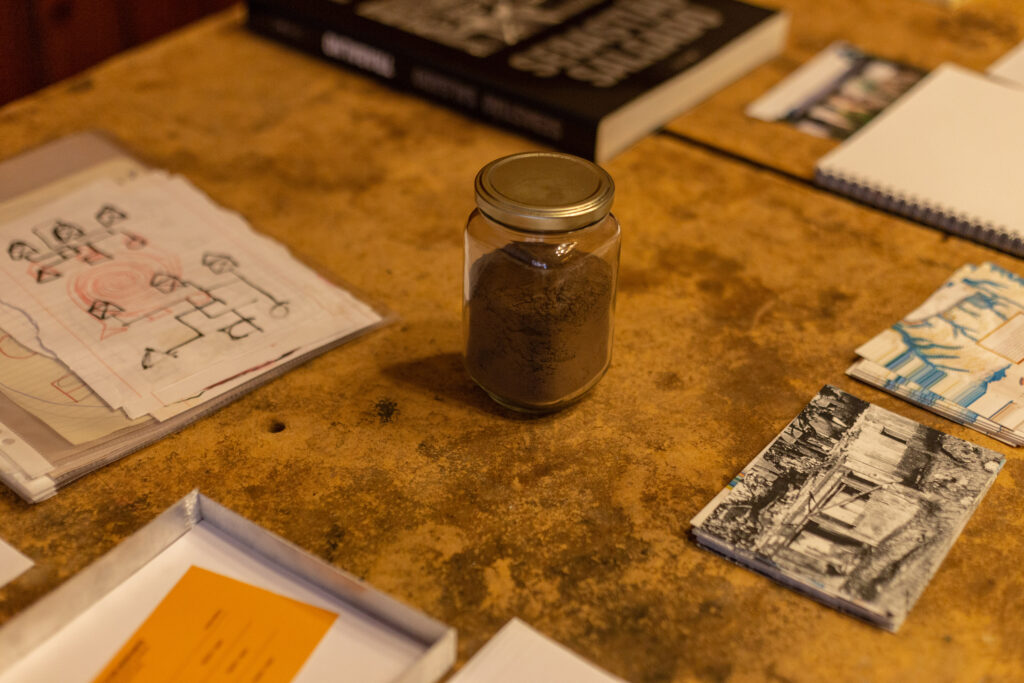AMPOR
AMPOR (A Montanha Pariu o Rato)
Mariana, Brazil.
On November 5, 2015, the collapse of a mining dam in Mariana released 32 billion cubic meters of iron ore tailings into the Doce River, contaminating more than 600 km of waterways. This disaster devastated entire communities and ecosystems, and yet, those responsible have not been held accountable with significant penalties.
Across South America, dozens of other dams remain at high risk, keeping populations in a permanent state of alert. These tragedies are not isolated events but are deeply tied to five centuries of colonial violence—kidnapping, slavery, rape, and genocide. Today, colonial-capitalist-patriarchal oppression persists through the expansion of mining, agribusiness, and livestock industries.










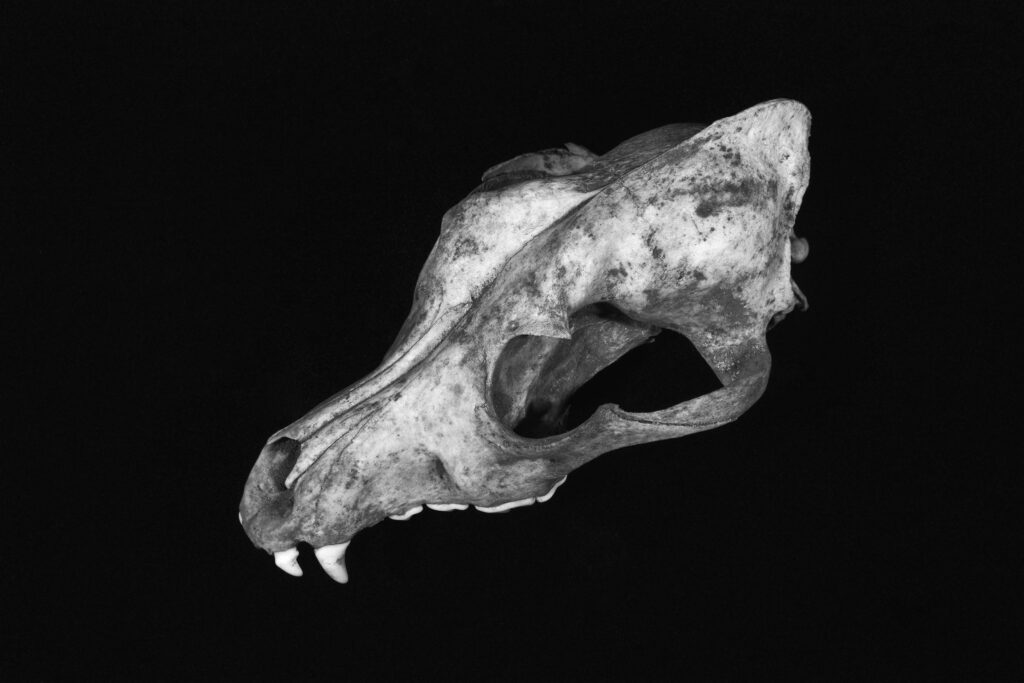
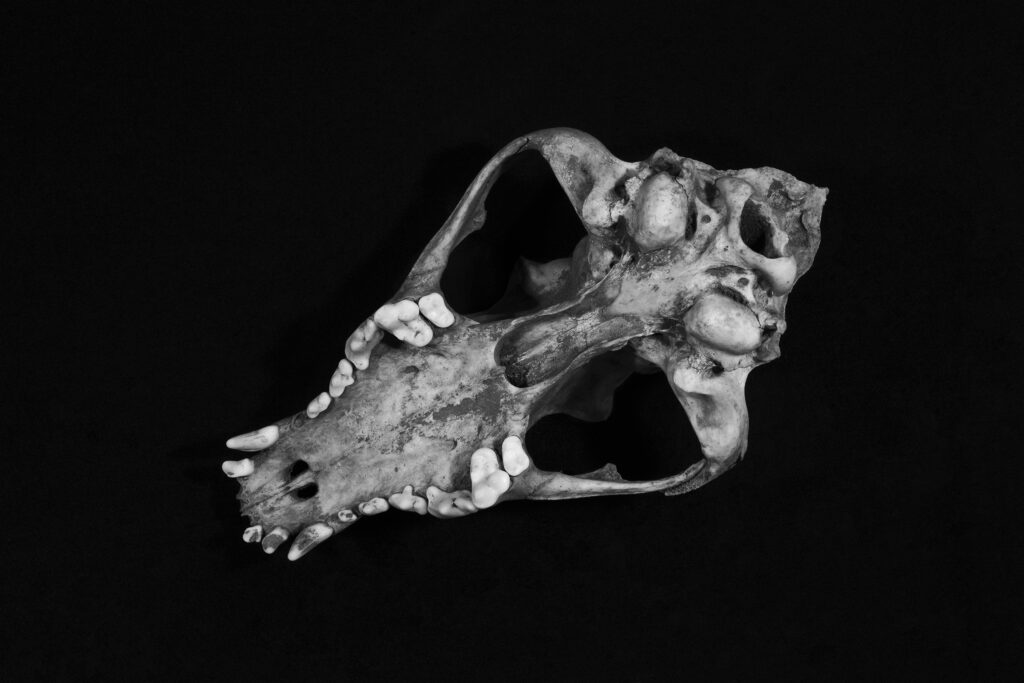
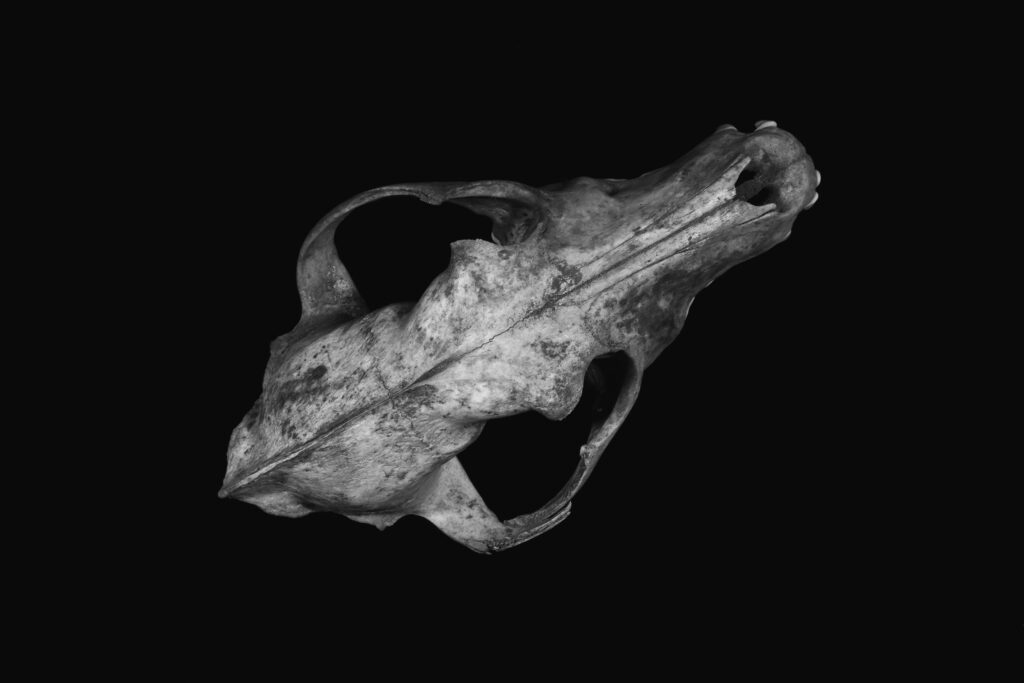
Communities under threat from dams, power plants, and pipelines—as well as democratic insurgent movements such as the Landless Workers’ Movement (MST) and the Movement of People Affected by Dams (MAB) — remain subjected to the Western monopoly on knowledge production and the geo-engineering of the globalized extractive industry.
In the aftermath of disasters, property losses were assessed with negligible values, often not by independent authorities but by experts subordinated to companies like Samarco, Vale, and BHP Billiton. Compensation processes were structured to favor the corporations. For instance, when land purchases were proposed as part of indemnity actions, the sites chosen were determined by technical and market criteria of low economic value.
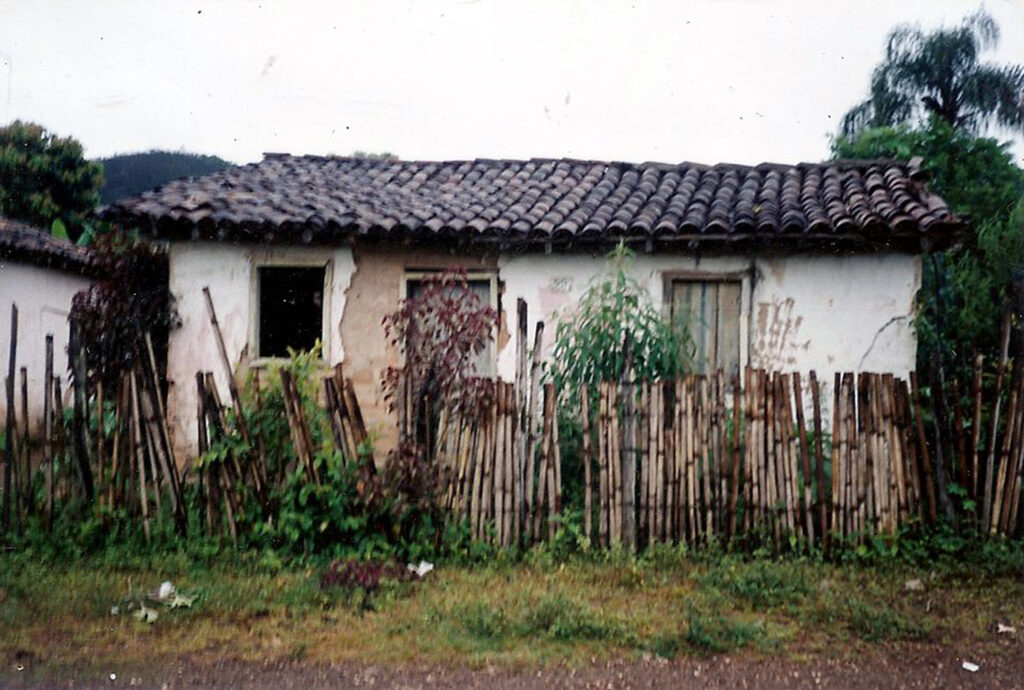
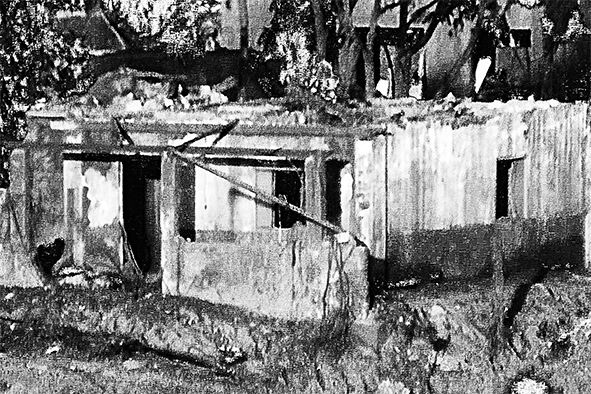
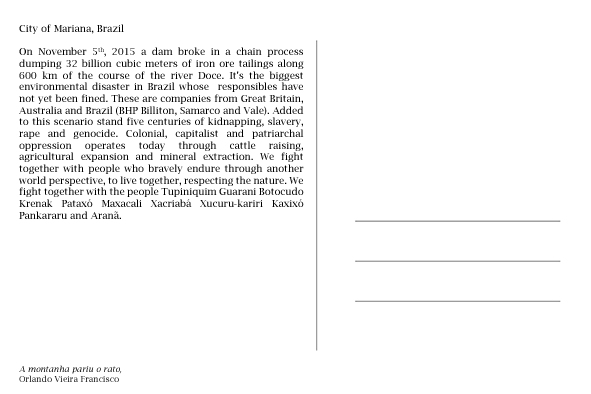
Hundreds of postcards were distributed among institutions, galleries, artists, and researchers and the public denouncing the collapse of the toxic mud dam in Minas Gerais, on November 5, 2015.
Inkjet print on paper, 15 x 10 cm.
For Indigenous and Afro-descendant communities, however, such technical valuations fail to recognize the cultural, spiritual, and ancestral bonds to the land. Displacement cannot be negotiated solely through economic logic, as many communities must remain close to their cemeteries, sacred sites, and spaces of belief and ritual.
The 2015 Report of the Inter-American Commission on Human Rights (IACHR) denounced these processes as a violation of fundamental rights: cultural identity, religious freedom, life, health, personal integrity, and the right to a sustainable environment.
AMPOR highlights the urgency of confronting the systemic impunity of extractive industries and the colonial continuities embedded in contemporary environmental crimes.
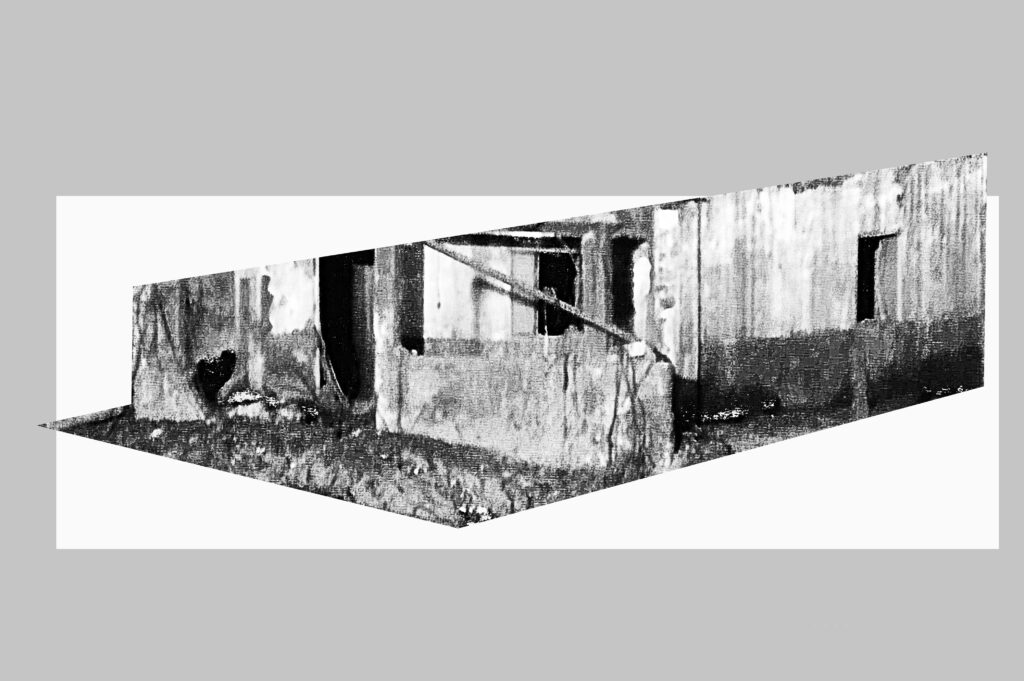
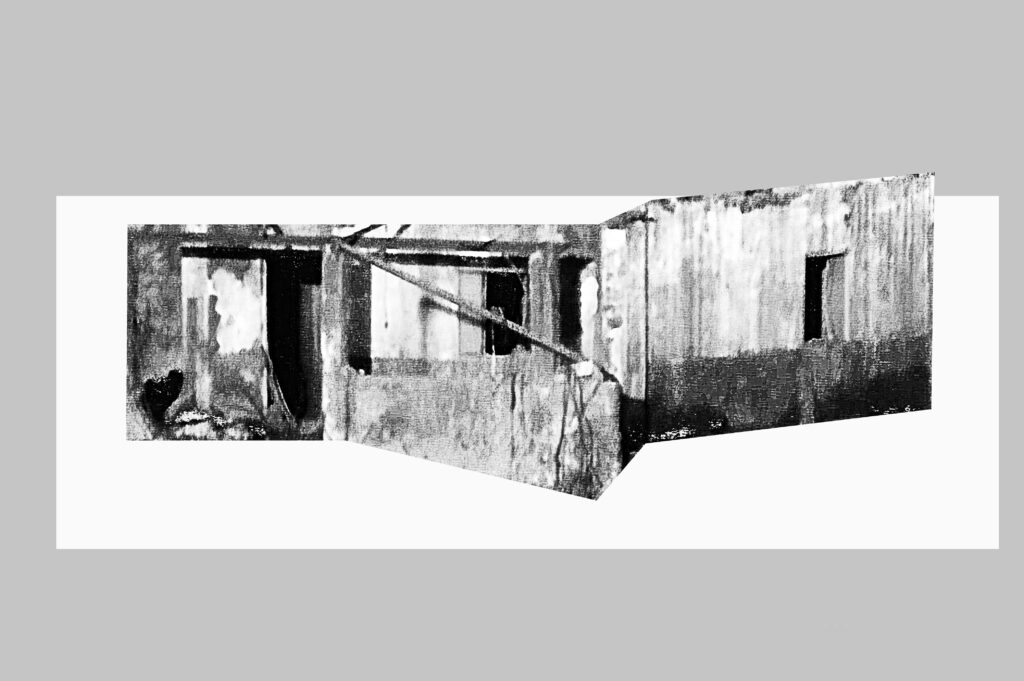
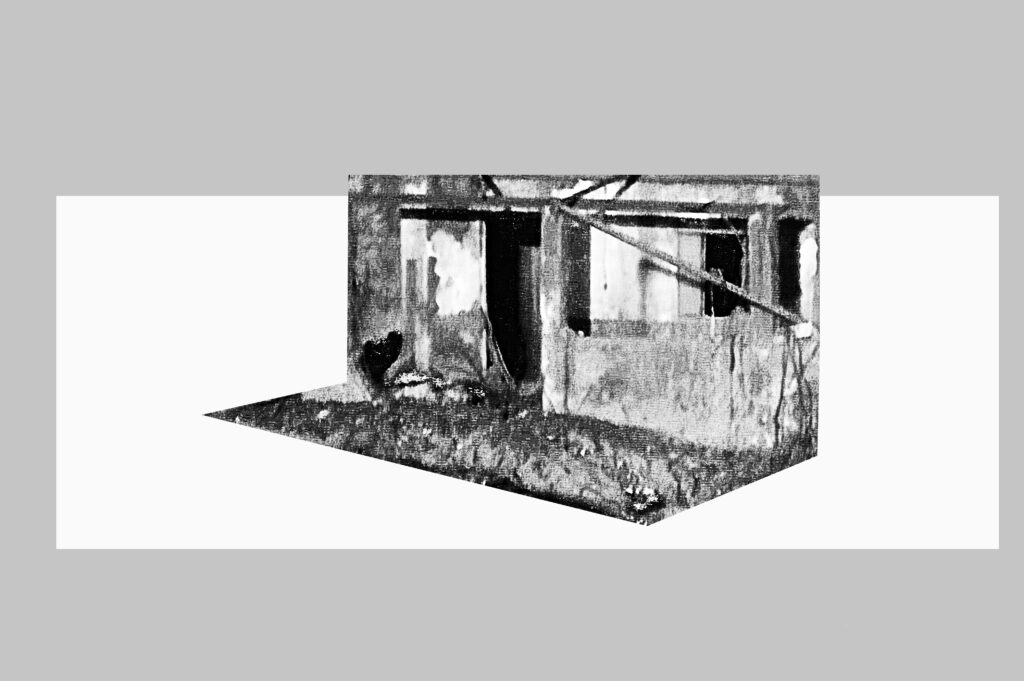
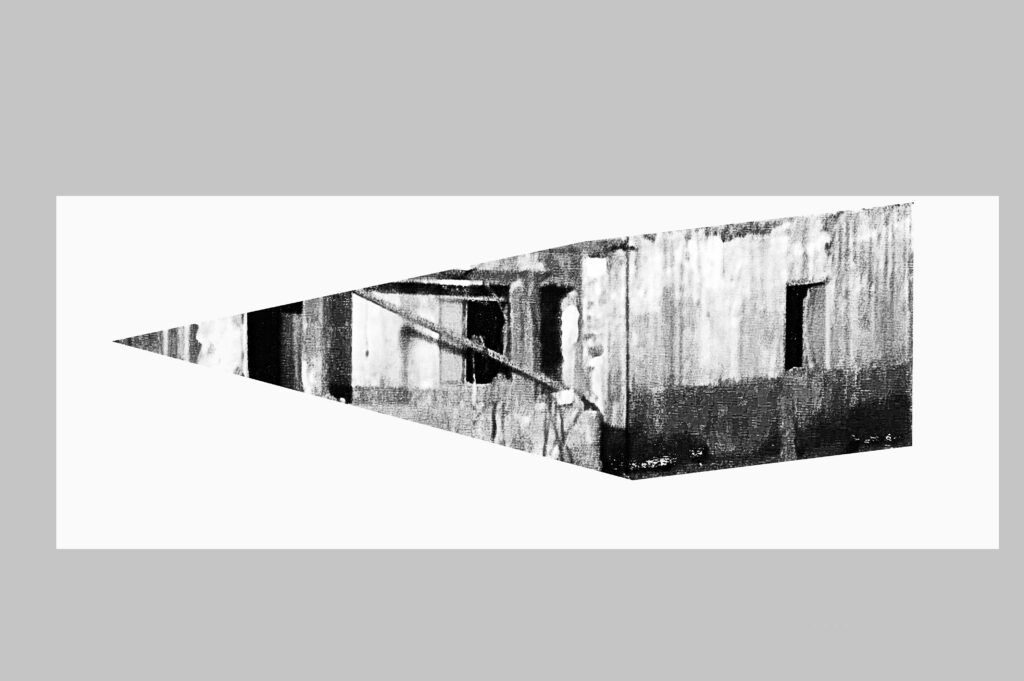
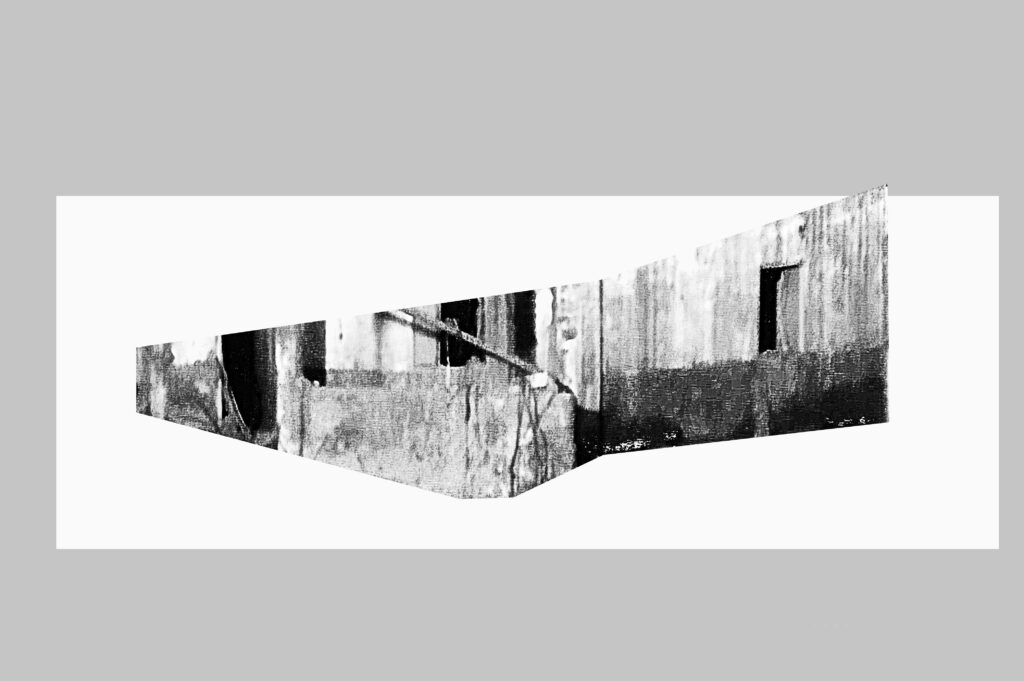
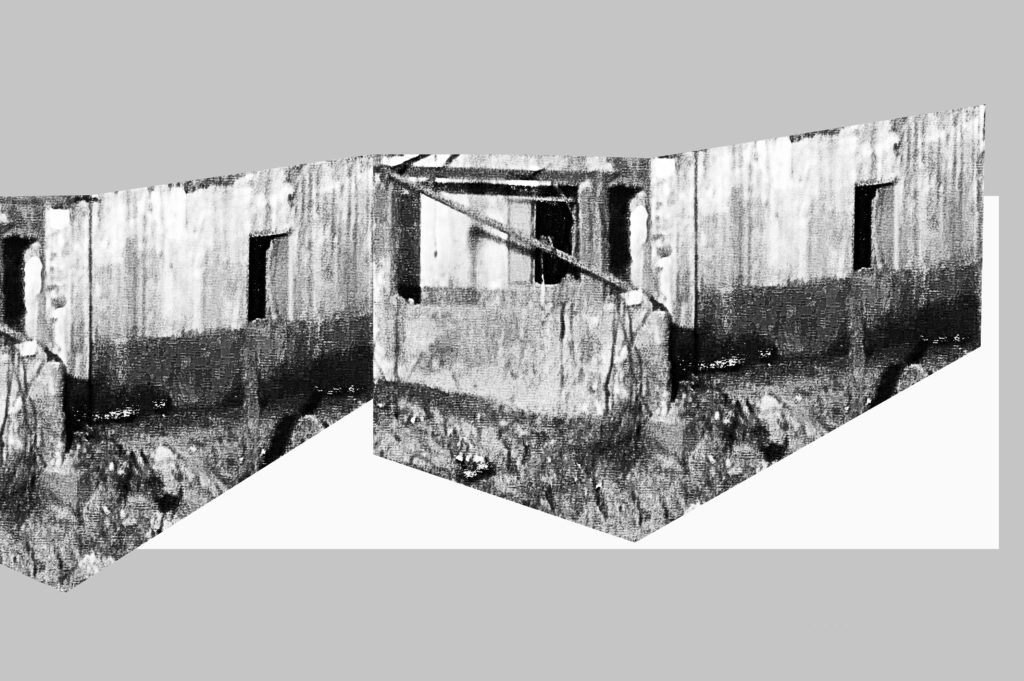
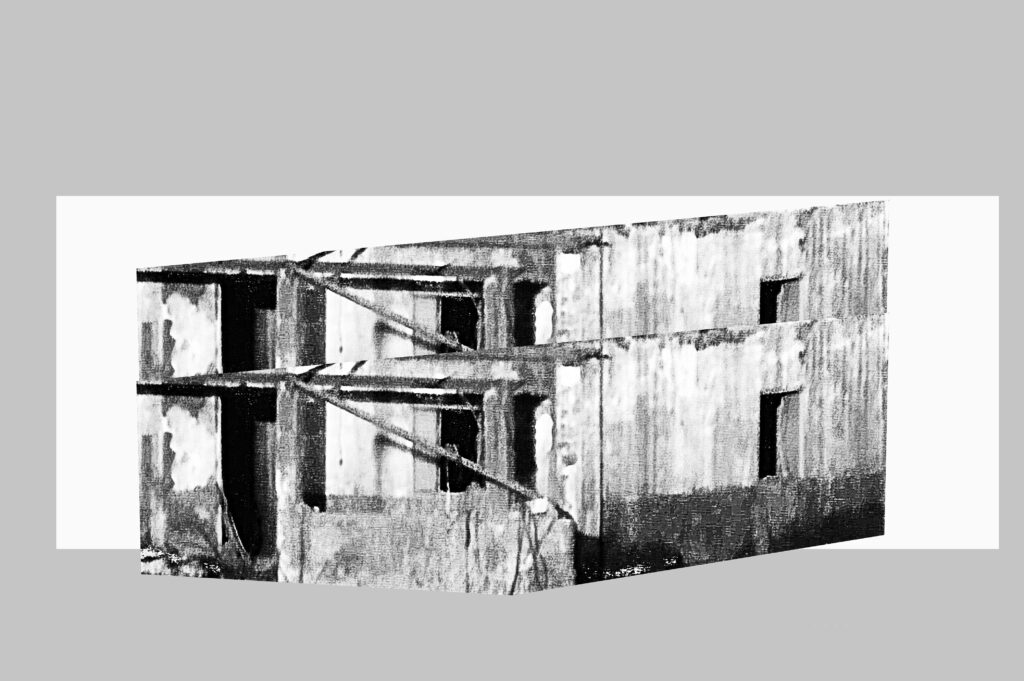
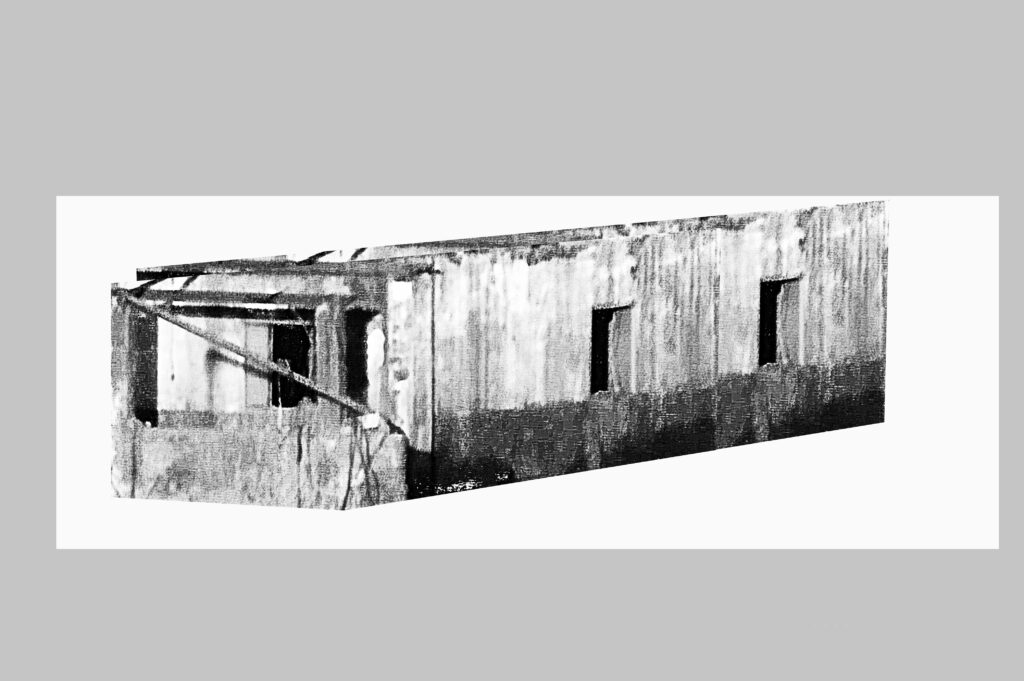
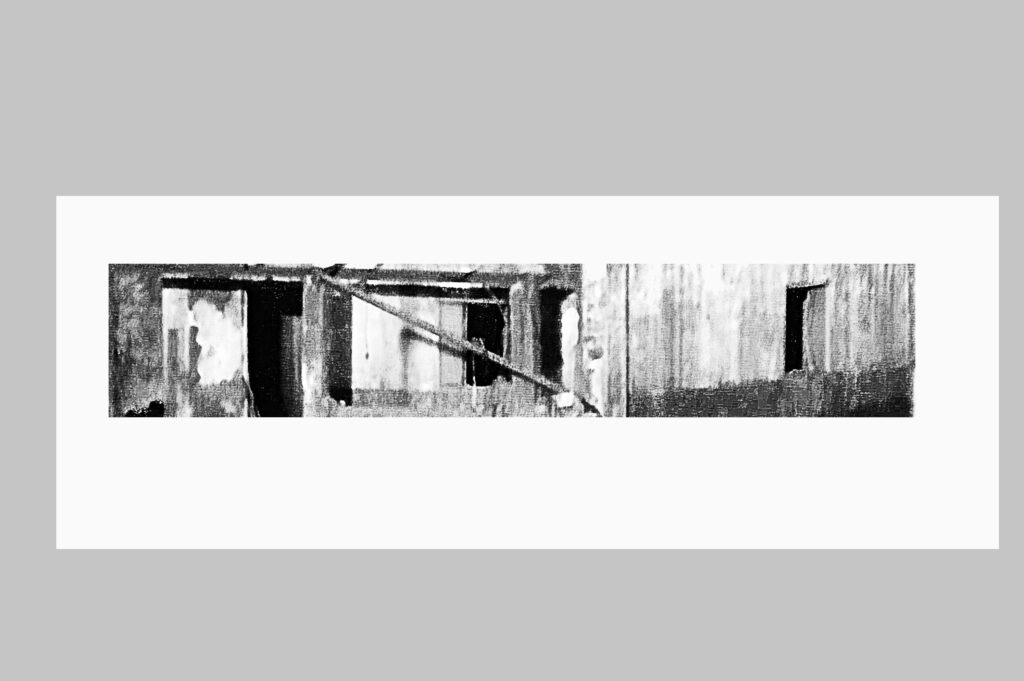

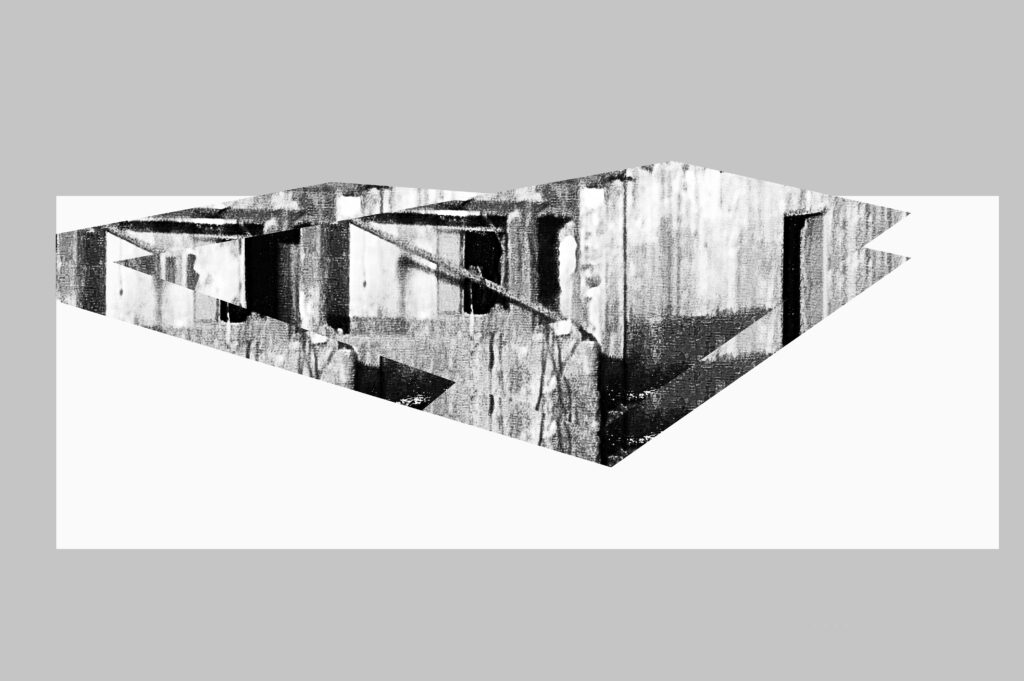
42 x 30 cm each.
